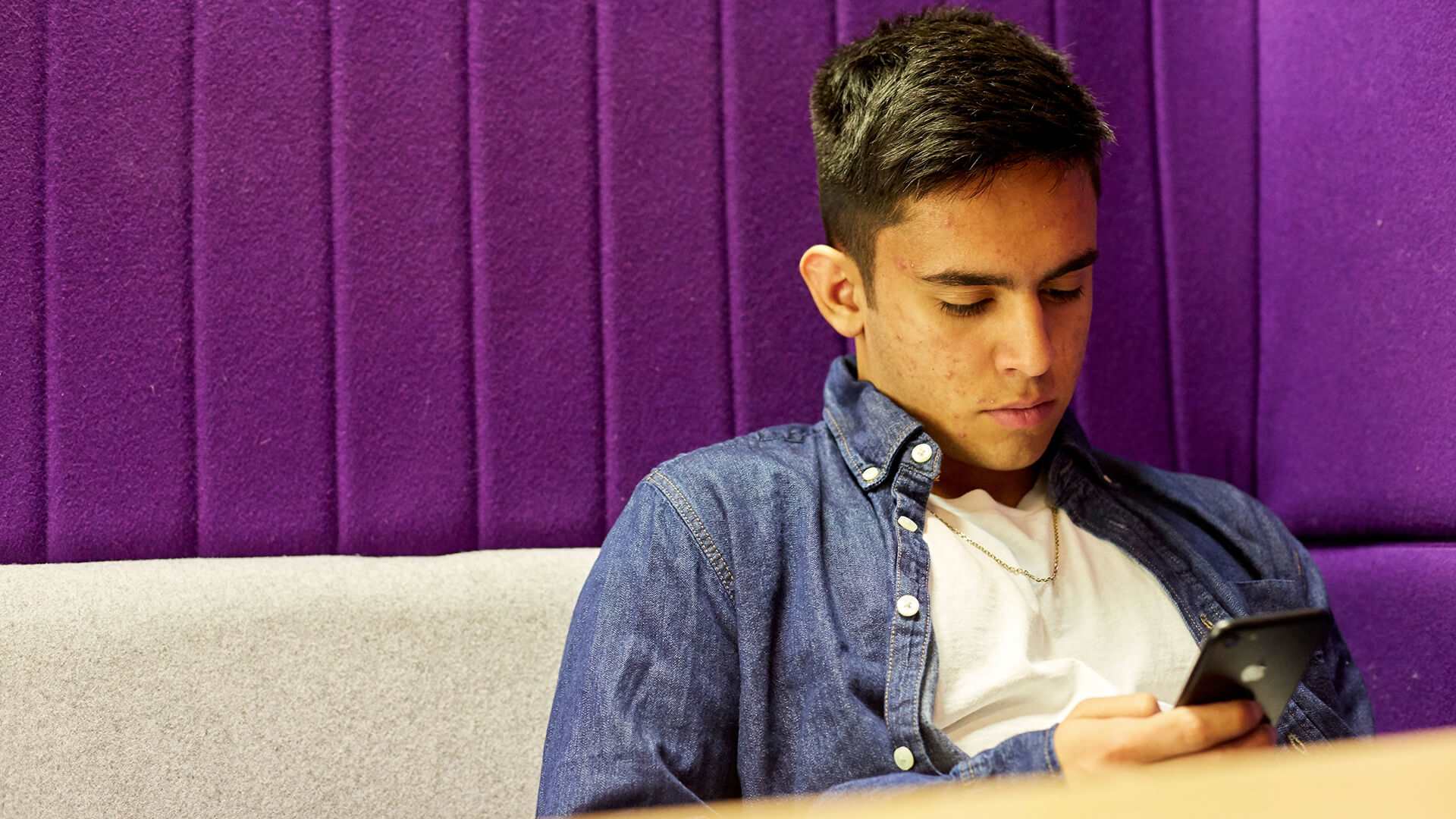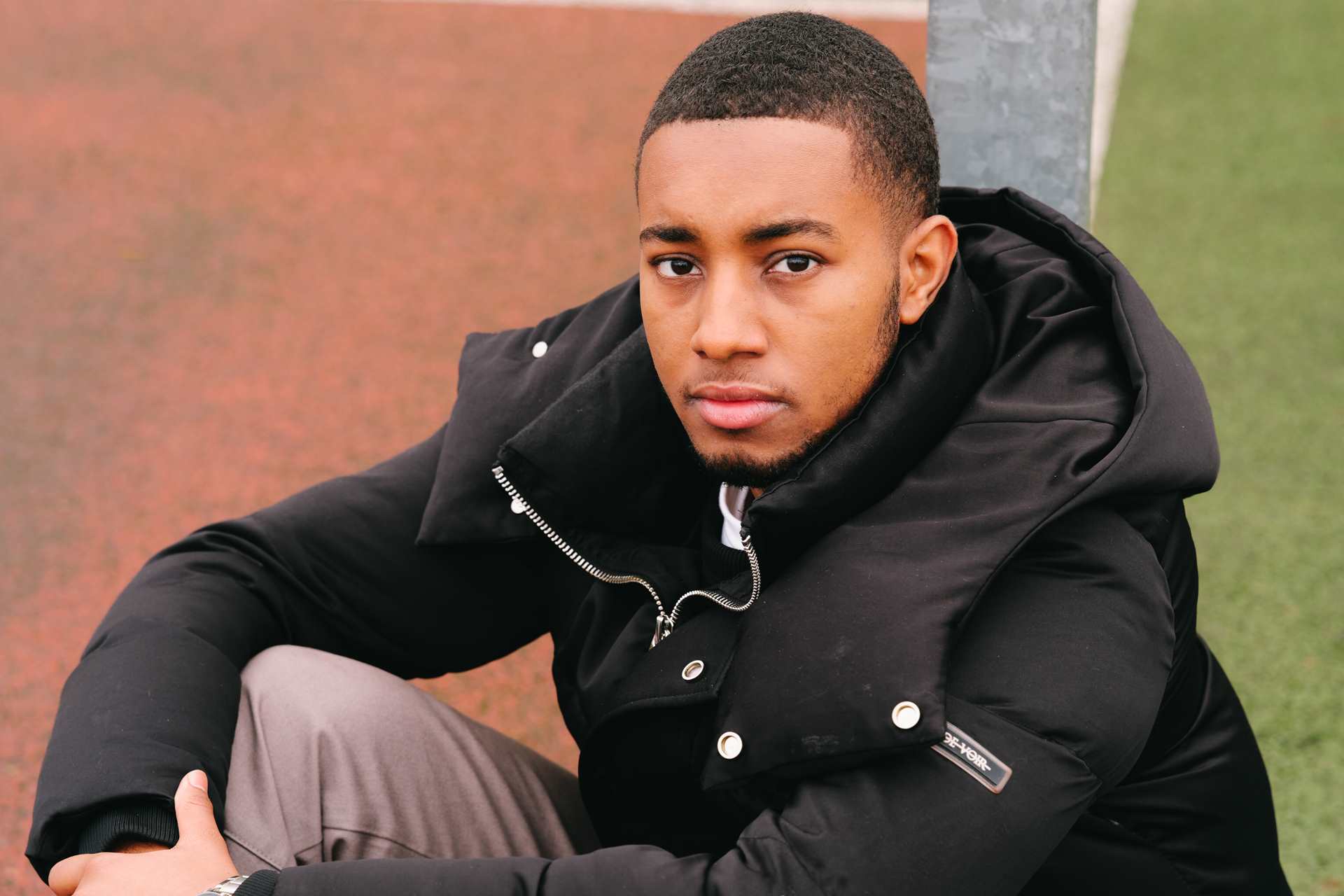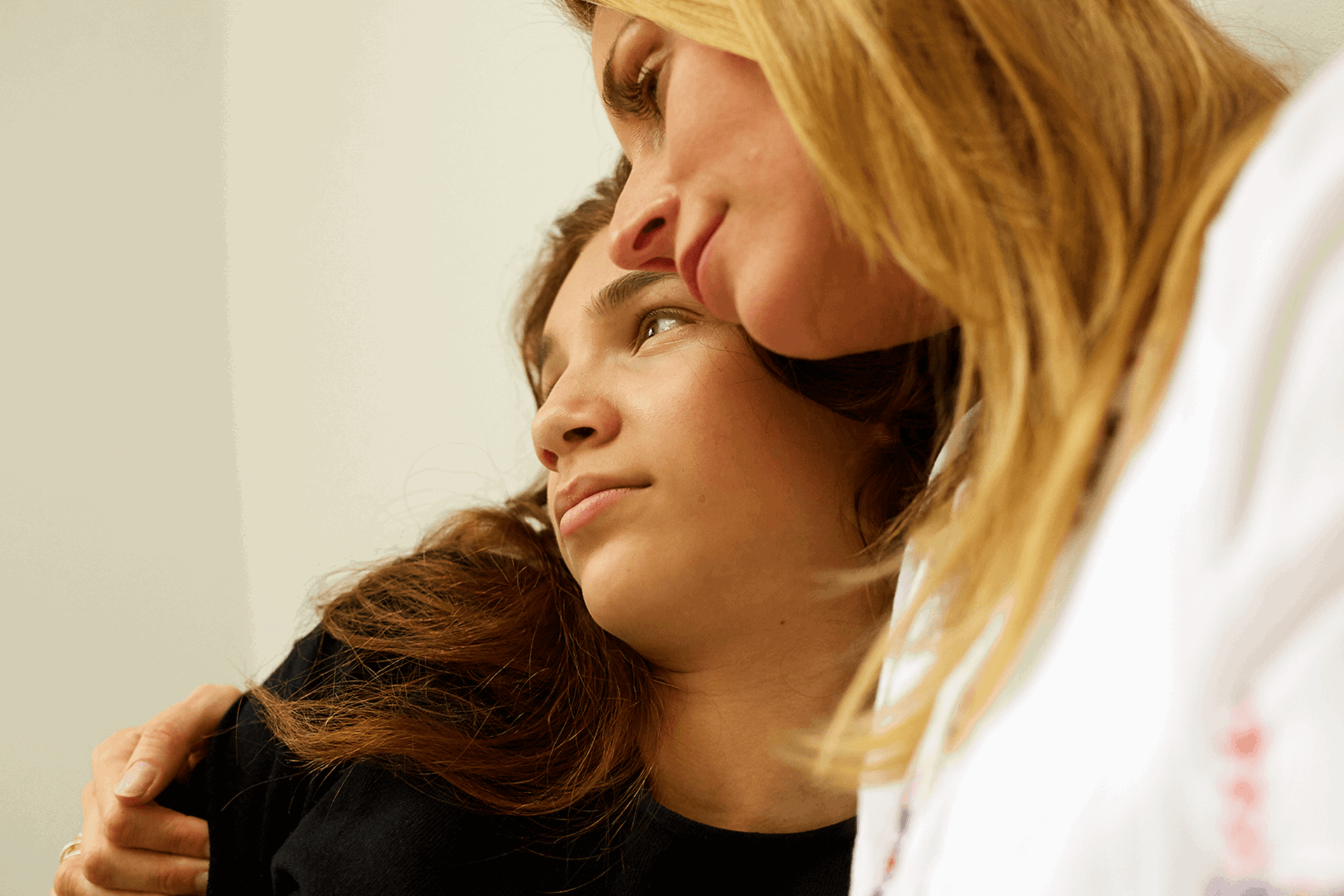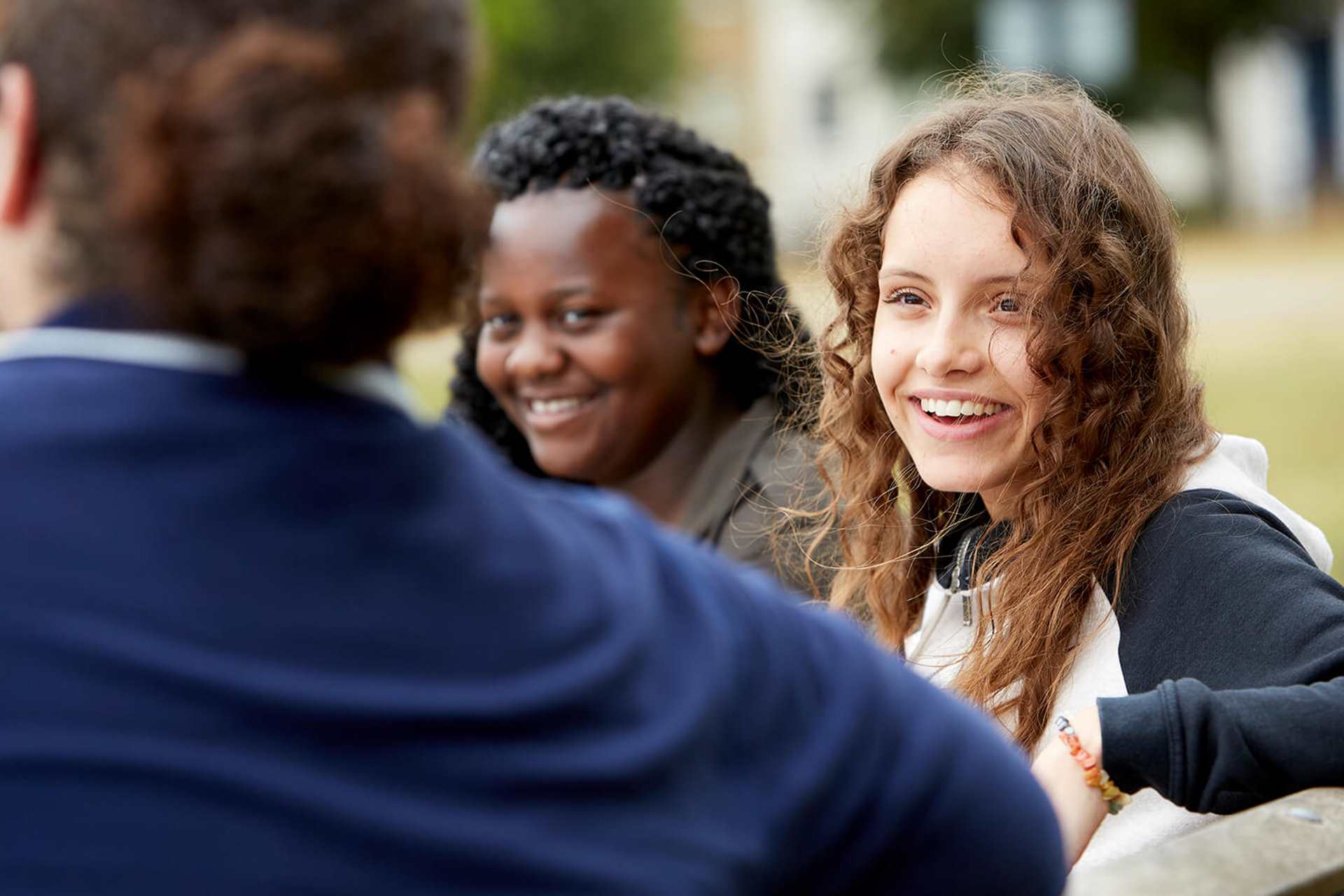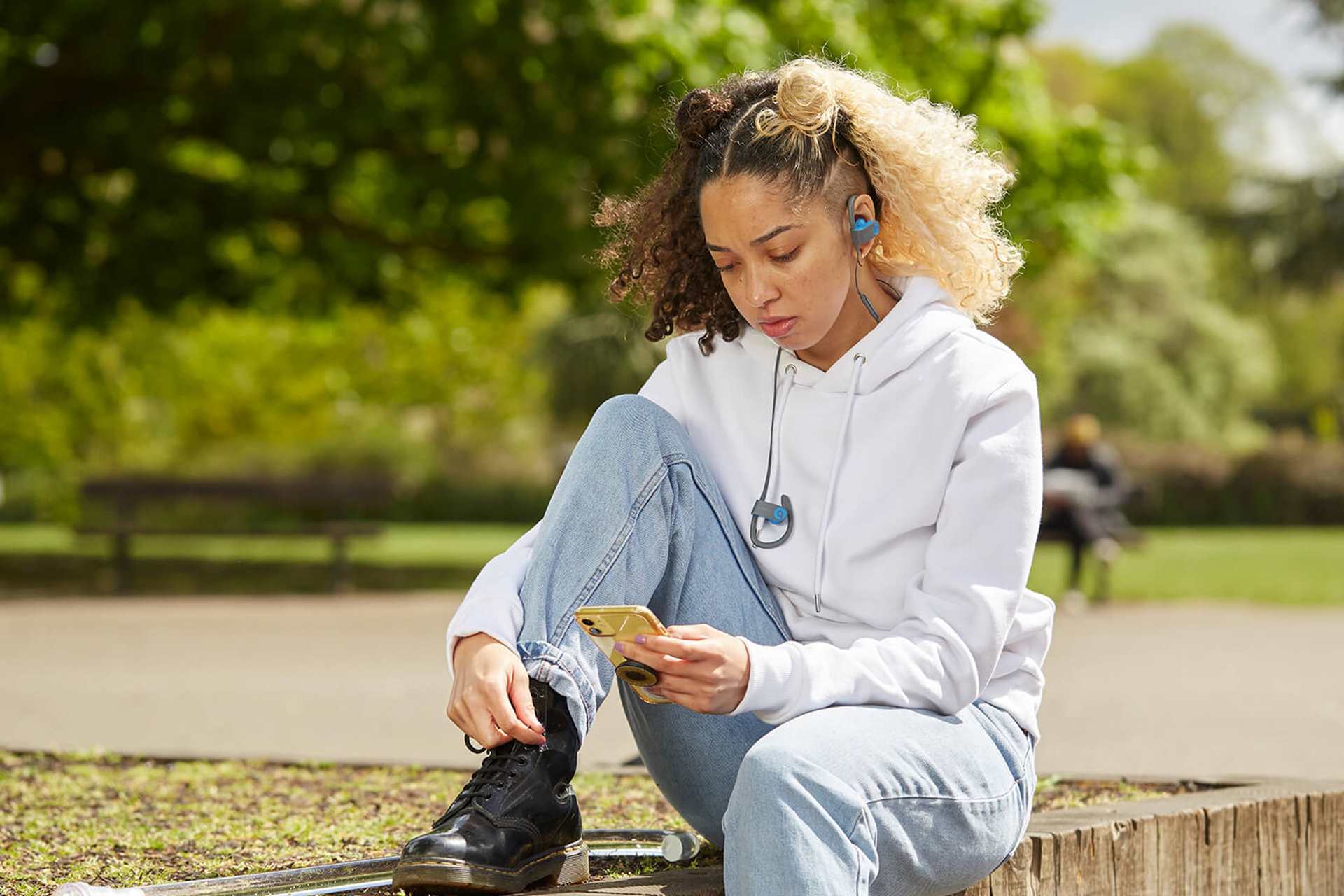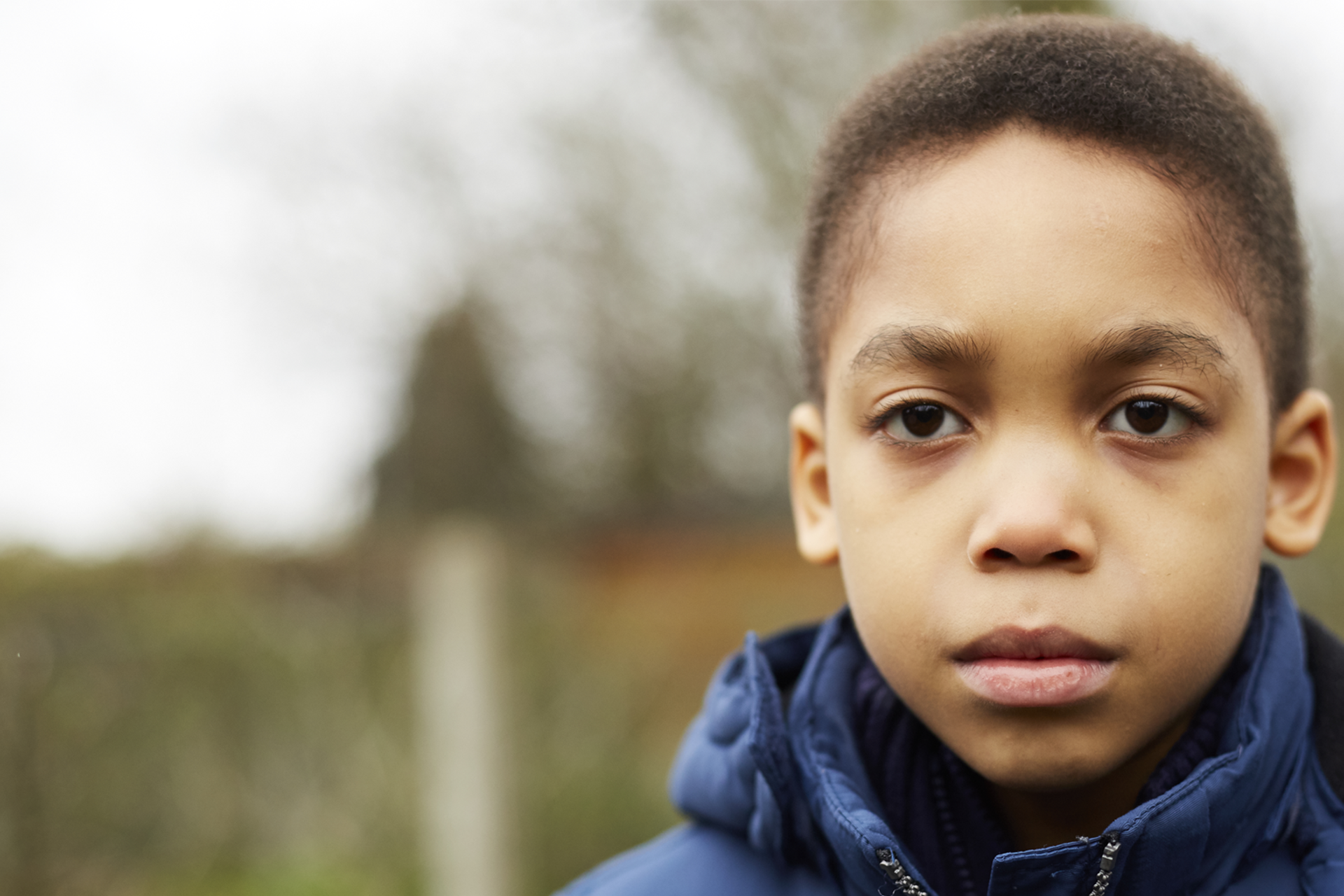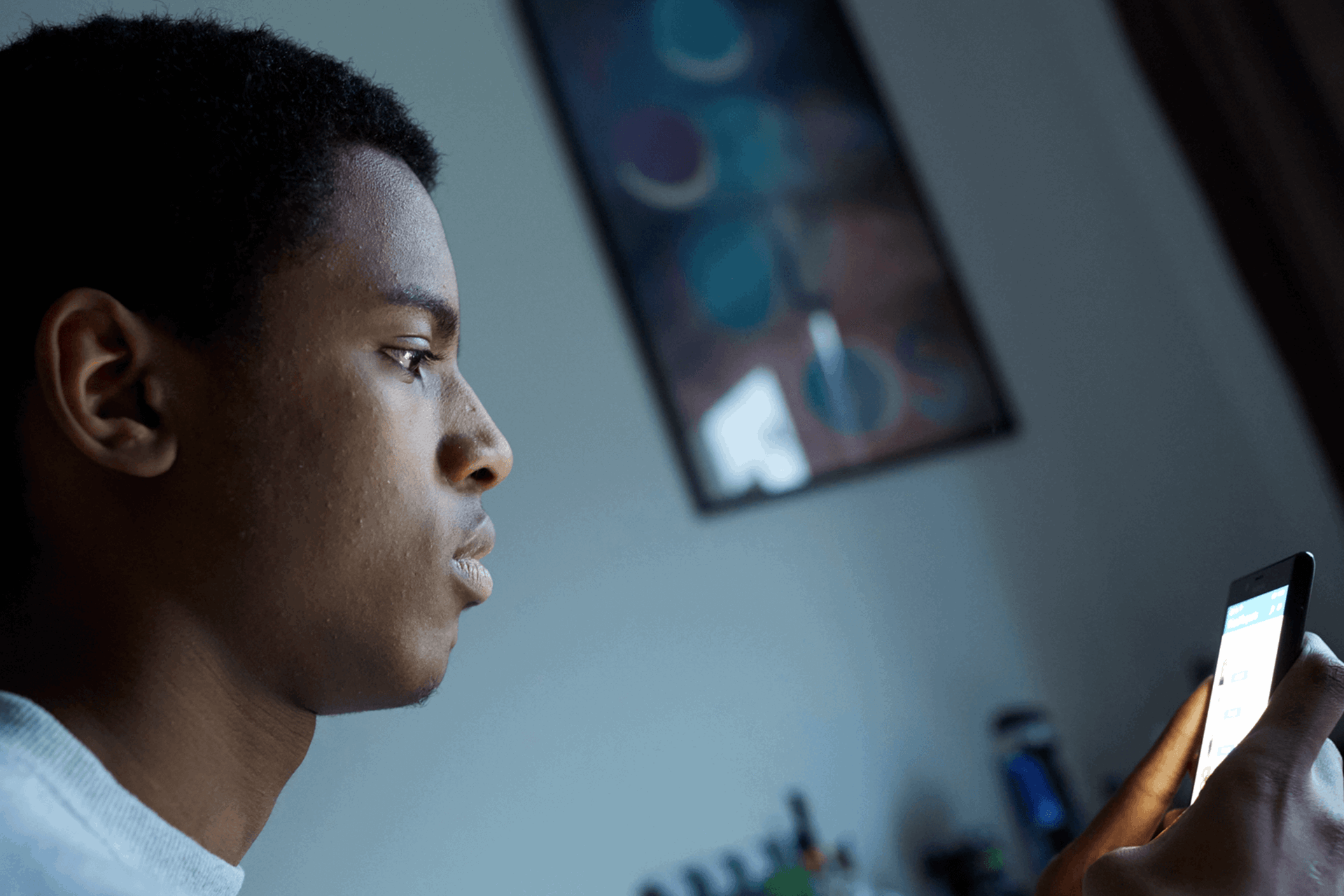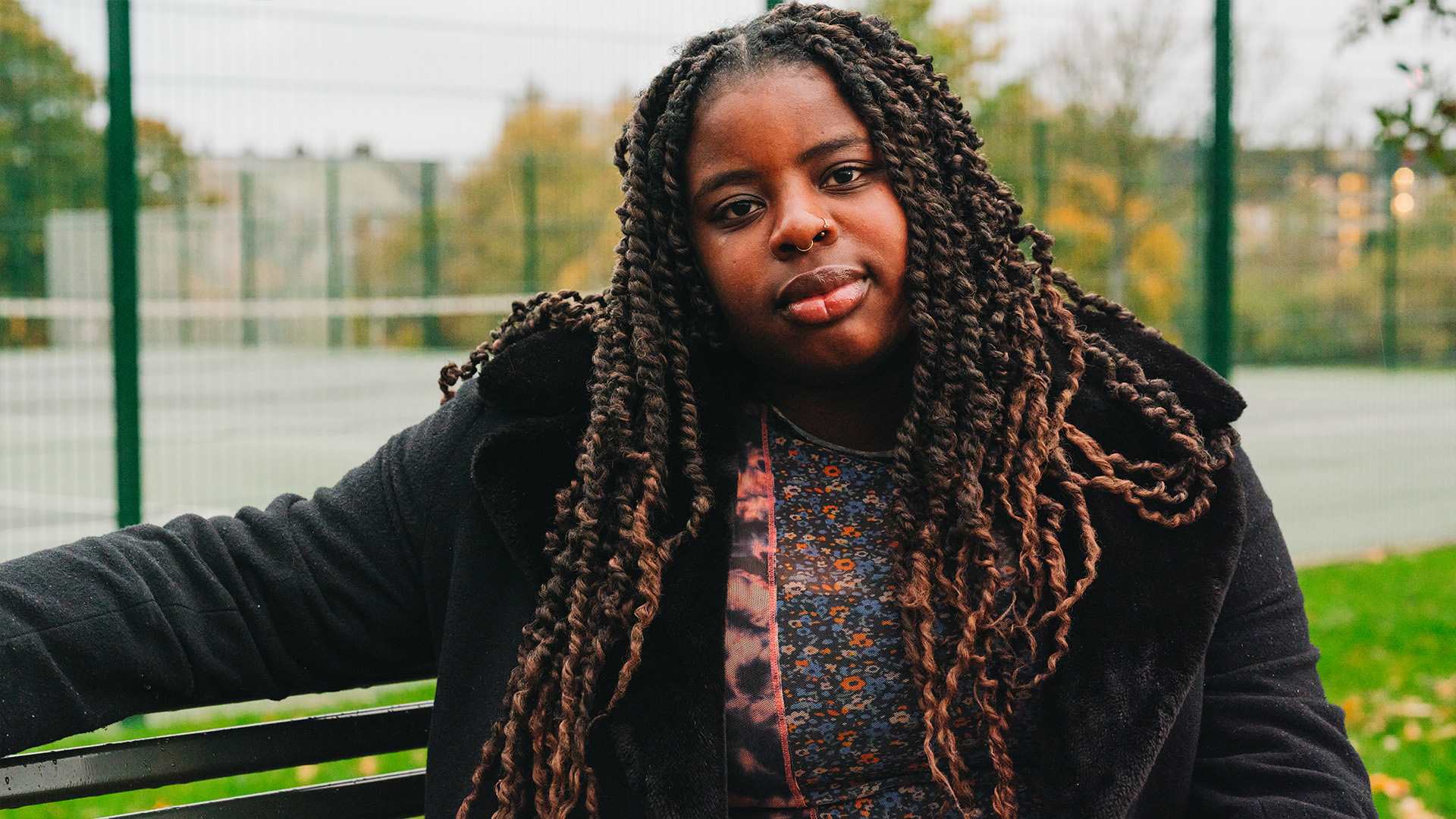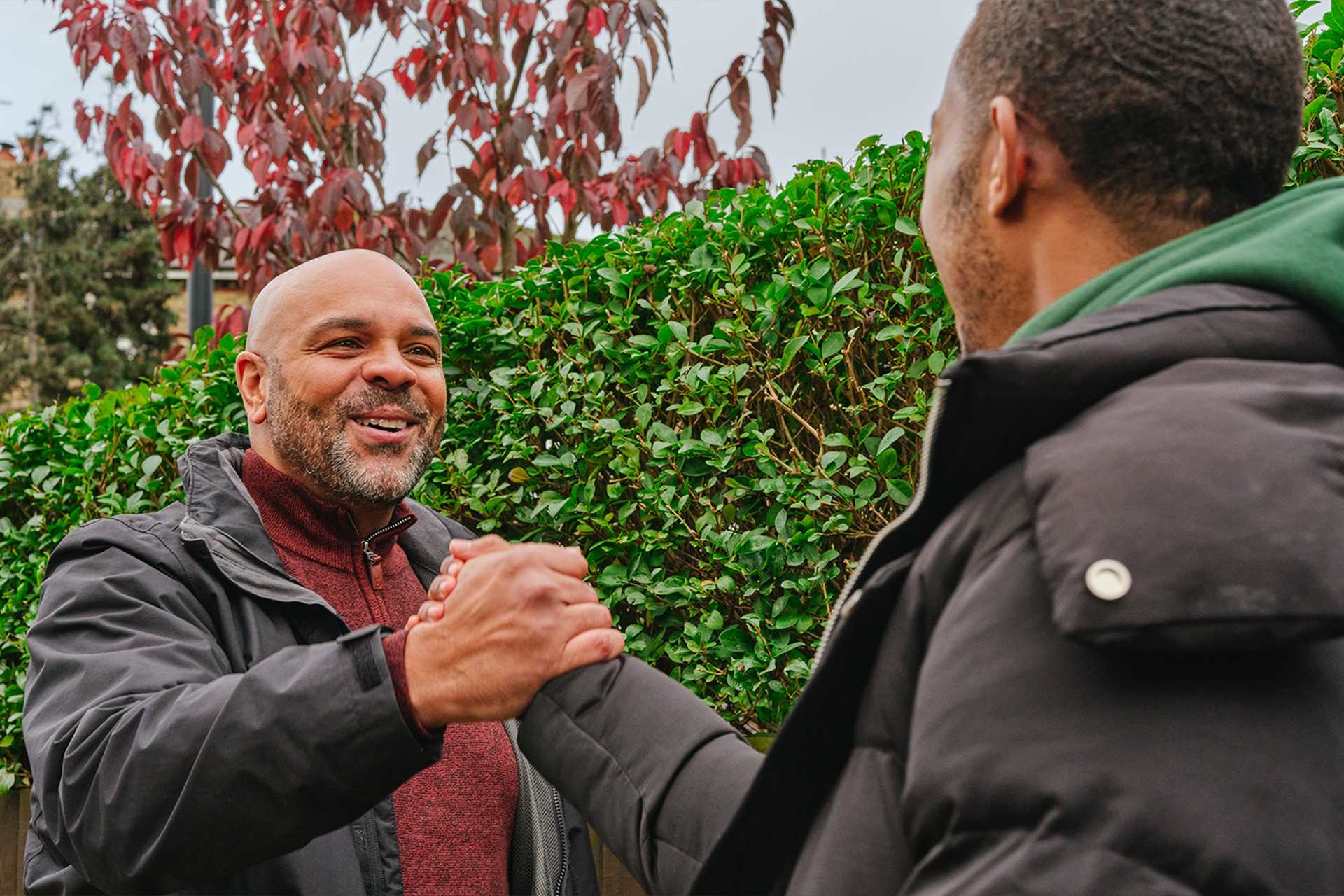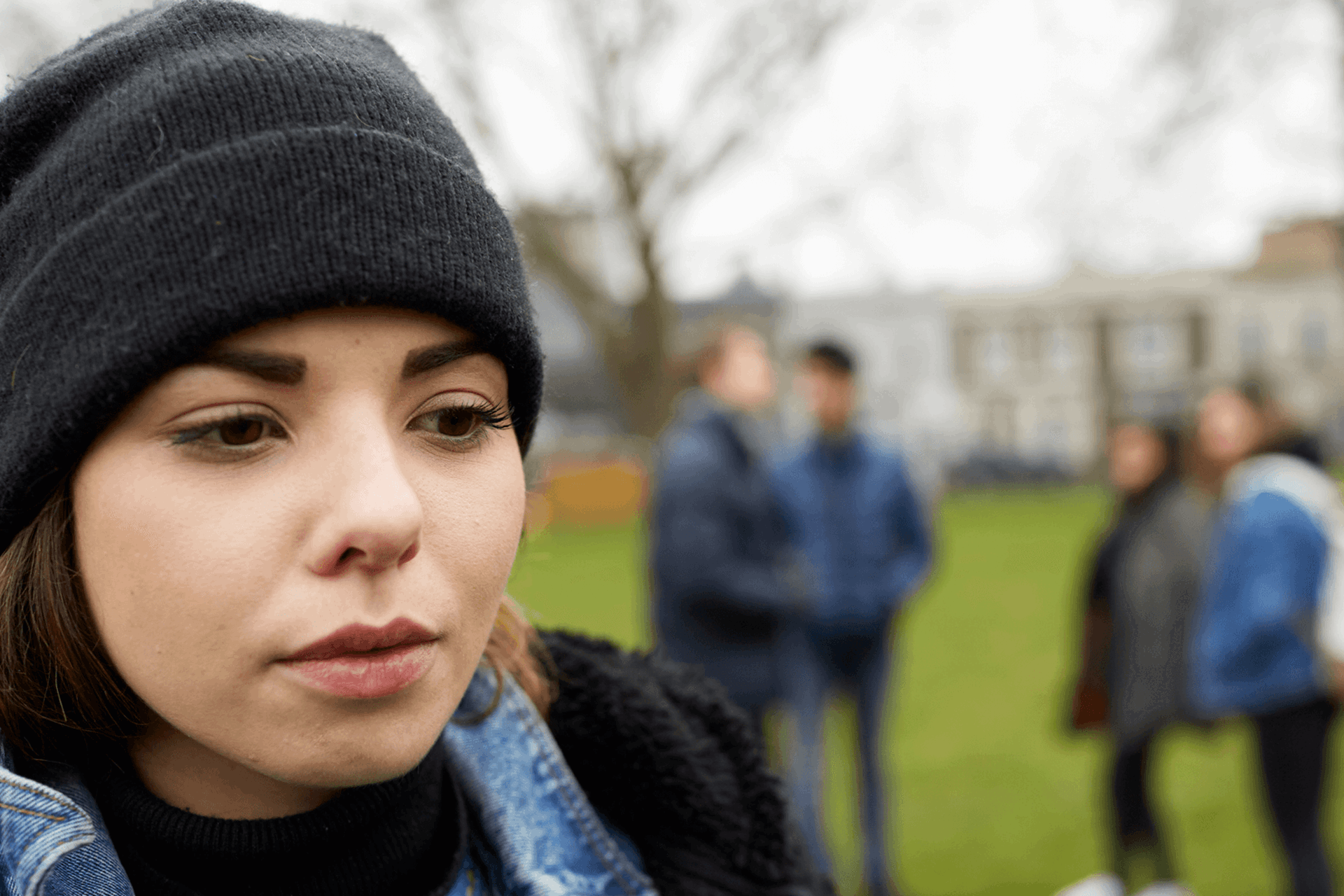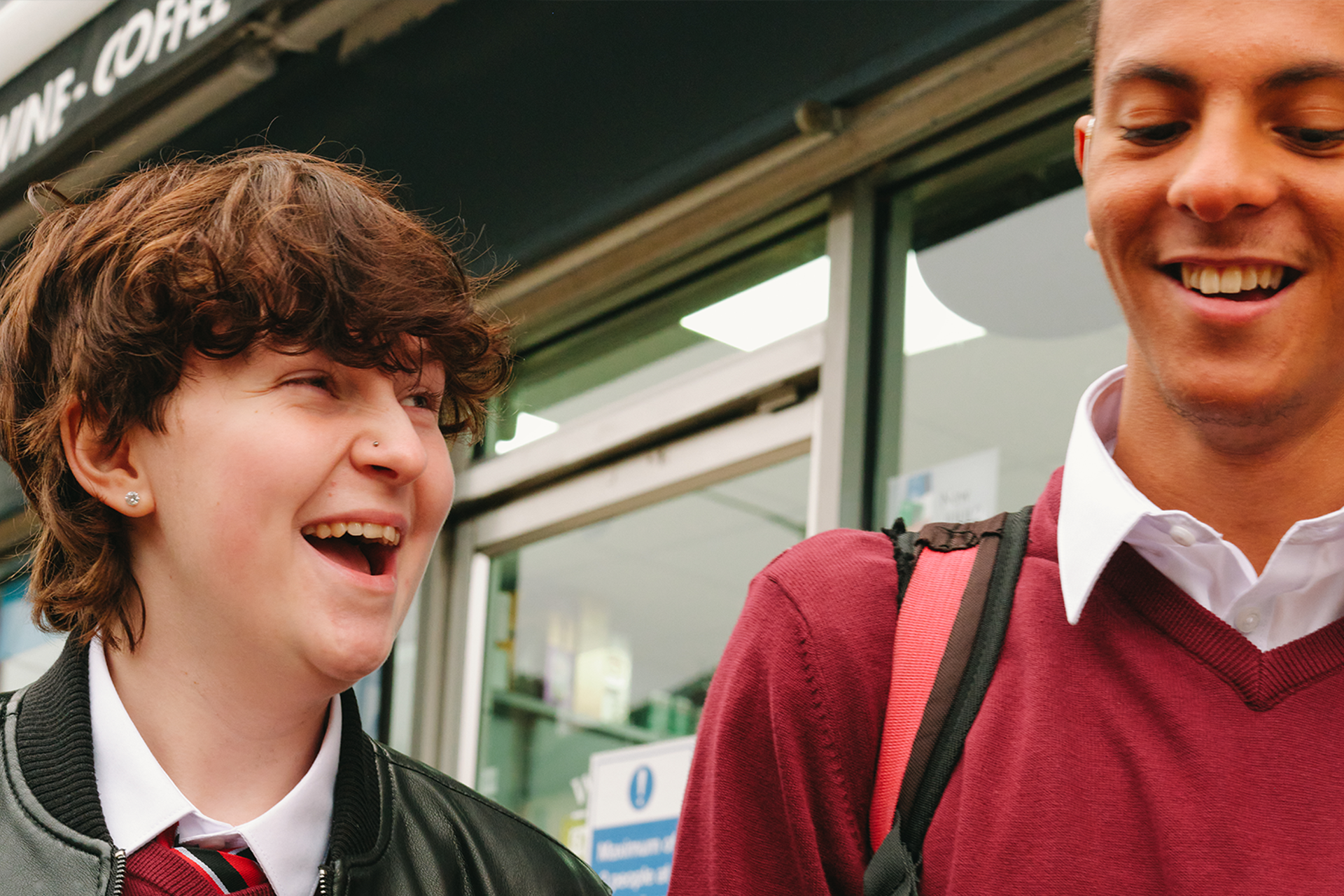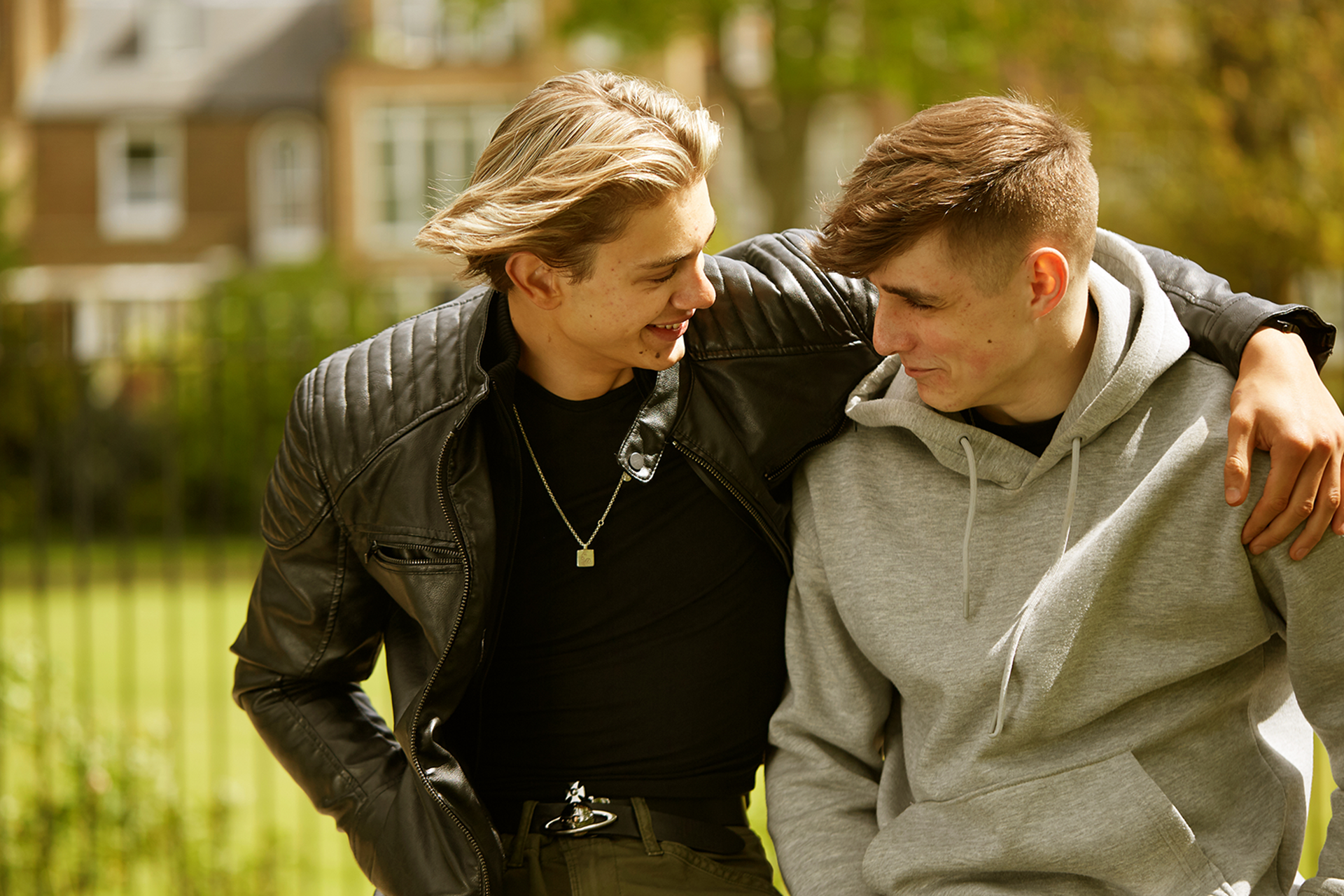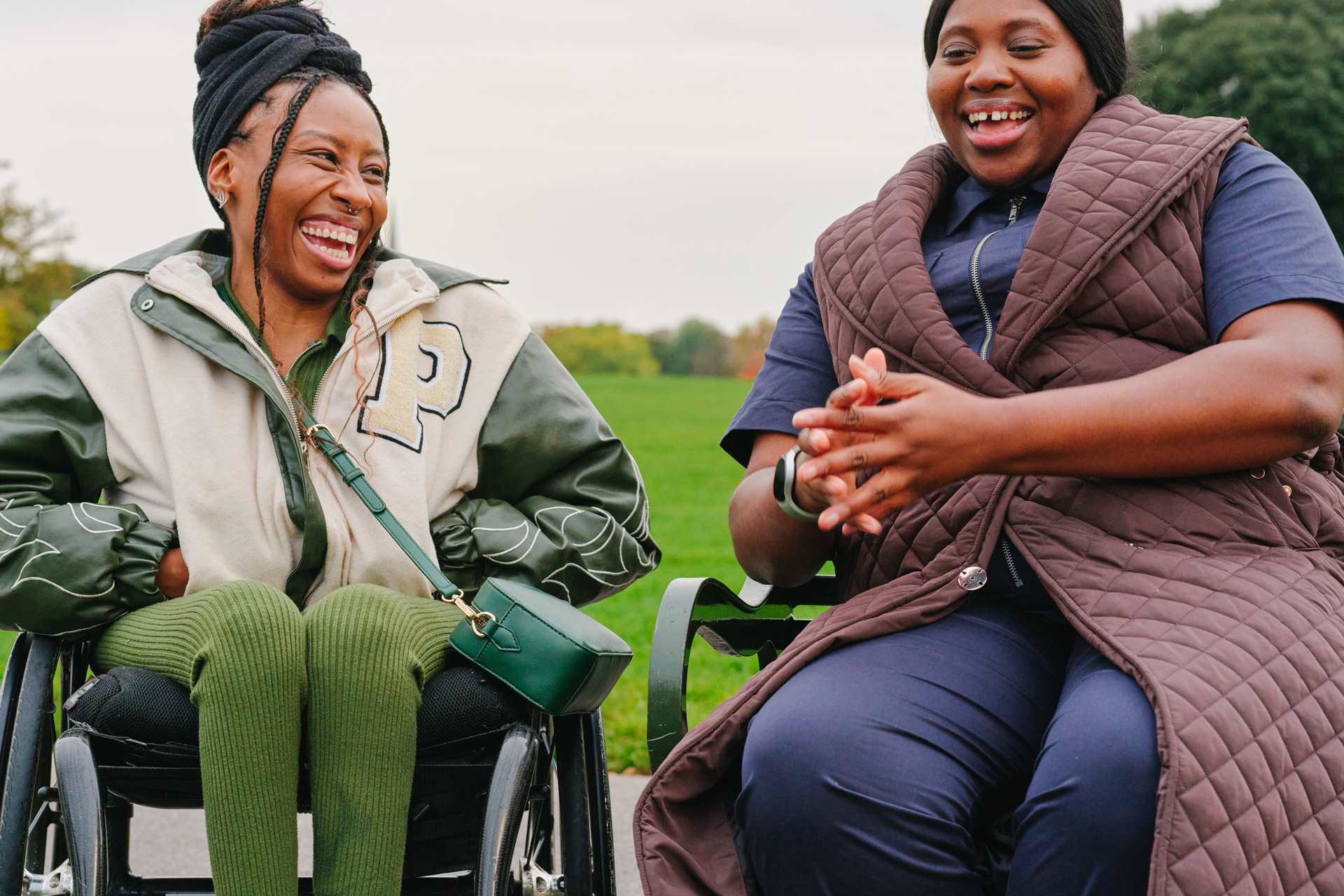A safety plan is your personal guide to staying as safe as possible. It helps you think ahead about what to do if you're in danger, who you can trust, and where you could go if you need to leave in a hurry.
You might want to make a safety plan if:
- you’re being hurt or abused at home
- someone close to you is being hurt and you’re worried it could affect you too
- you live with someone who uses drugs or drinks heavily
- you feel unsafe or scared in your relationship
- you’re being bullied, harassed or threatened – at school, online, or anywhere else
Even if you don’t use it straight away, just having a plan can make a big difference to how safe and in control you feel.
To help make your plan, talk it through with an adult you trust. This could be a parent or carer, teacher, youth worker, GP, school nurse, sports coach, or faith leader. Here are some things you might want to include in your plan:
- who you can speak to if you’re feeling unsafe
- where’s safest in your home if you can’t leave straight away
- code words or signals you can use with someone you trust to let them know you need help, like a certain emoji, blank text or missed call
- how to avoid the person hurting you, if that’s possible
- where you could go in an emergency – like a friend or relative’s house, or a refuge
- important information like your address and emergency contacts
You can also pack a small emergency bag and keep it somewhere safe, with things like clothes, medication, ID, money and a charger.
You can download a safety plan template from Childline to help you think through your options. Just make sure you don’t save it anywhere your abuser could find.
